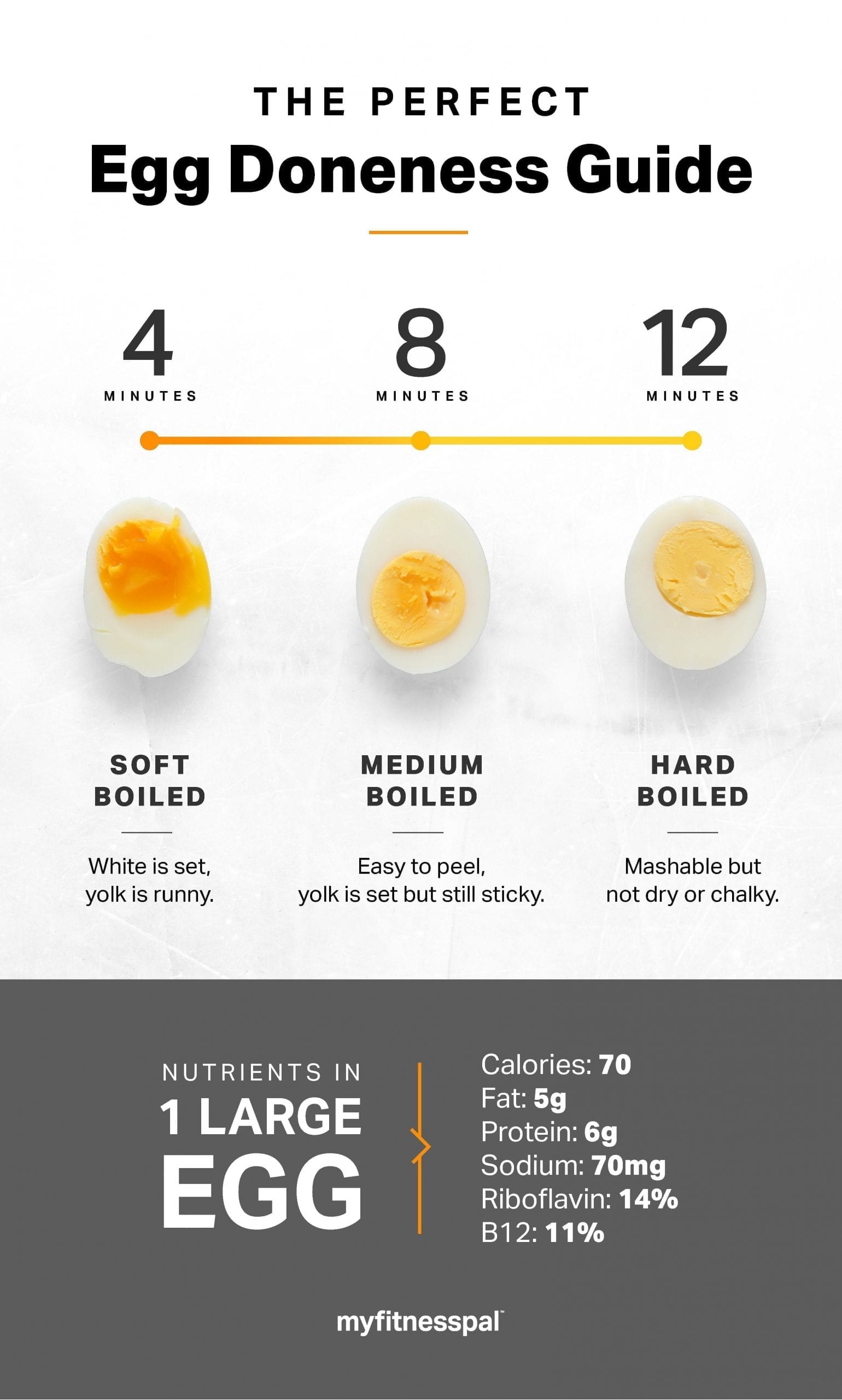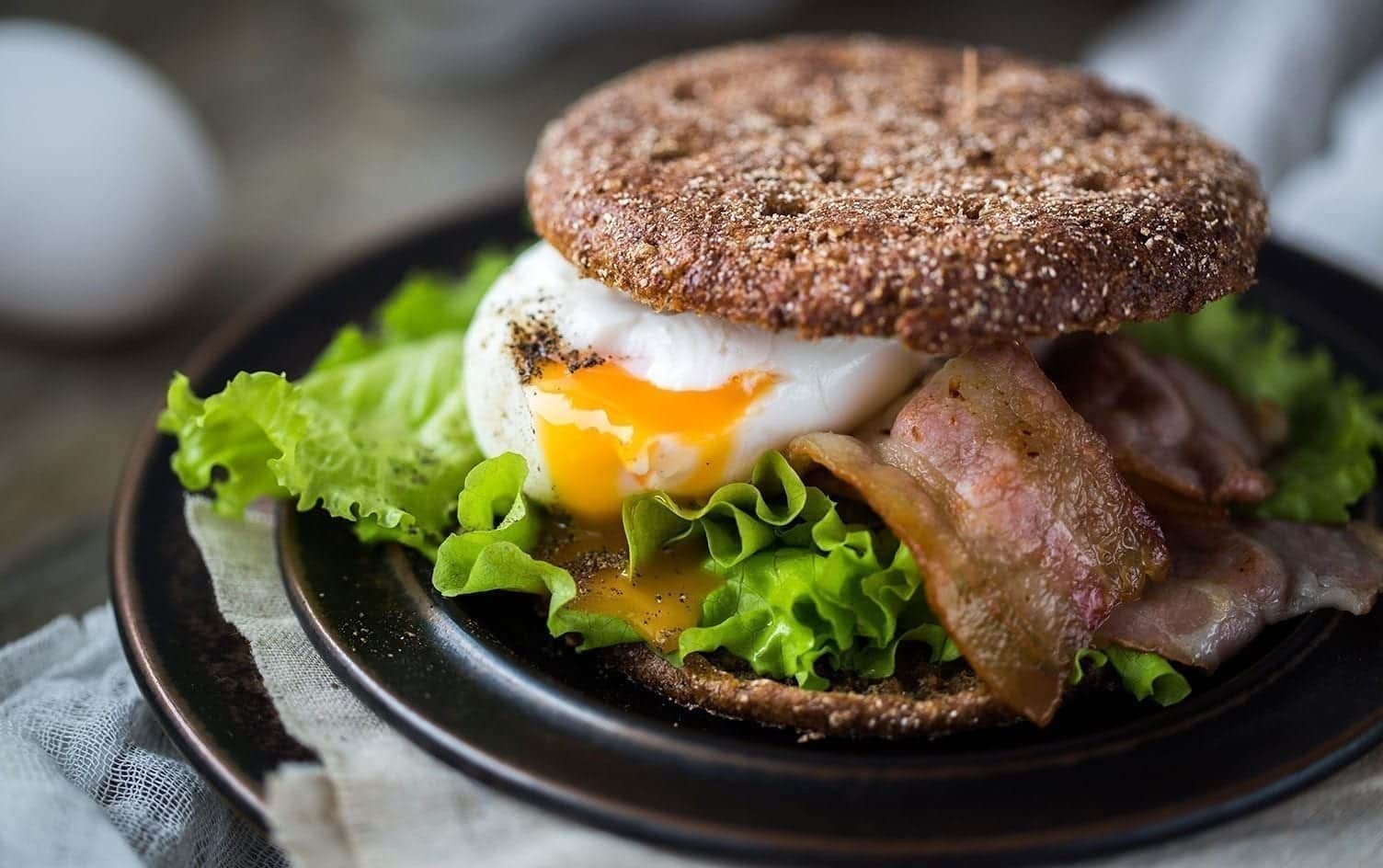Atop every imaginable dish — from grain bowls and gourmet burgers to grilled cheese and artisan pizza — egg yolks are getting a lot of love these days, especially in social media. After getting a bad rap for many years, egg yolks have been vindicated and are finally getting the airplay they deserve.
THE CHOLESTEROL MYTH
New studies show there’s nothing especially harmful about the cholesterol eggs contain. (RIP, egg white omelet!) As phrased in the 2015 Dietary Guidelines for Americans, “available evidence shows no appreciable relationship between consumption of dietary cholesterol and [blood] cholesterol … Cholesterol is not a nutrient of concern for overconsumption.”
The guidelines also removed language restricting egg intake, indicating that eating one per day is now considered perfectly healthy. Combine this good news with the popularity of low-carb, high-protein eating and finding new ways to enjoy eggs is a no-brainer.
THERE’S MORE THAN MEETS THE EYE
Contrary to popular belief, the yolk actually contains almost as much protein as the white: One yolk has nearly 3 grams of protein; one white has 4 grams of protein. Yolks also contain all the cholesterol, fat and saturated fat in the egg, but that’s not a bad deal considering what comes with it: a lion’s share of vitamins including A, D, B6, B12 and K, plus minerals such as calcium, phosphorus and iron.
It’s not uncommon for our diets to need extra B12, which keeps the body’s nerve and blood cells healthy and is often taken as a supplement to decrease fogginess and low energy — egg yolks are a natural way to increase your intake of this key vitamin.
READ MORE > PUT AN EGG ON IT AND YOU’VE GOT DINNER
HOW THEY IMPROVE A DISH
So, yolks are pretty darn good for you — but that’s not really what’s behind yolk porn. The truth is, that splash of sunny yellow is great for selling a recipe; plus, they taste delicious. Silky yolks also work to bind ingredients: when you eat Korean bibimbap, the soft egg on top is meant to be mixed into the rice bowl for added richness. Yolks have a way of pulling together and melding flavors whether a dish is about grains, greens, beans, hash, ratatouille, pizza or pasta.
For a yolk lover — and if you’ve reached this point in the story I can only assume you are one — cooking an egg to perfect doneness is super important. That’s why we’ve included this handy chart to nail the timing. So get cooking (and don’t miss the chance to snap a photo with that sexy yolk, front and center).





